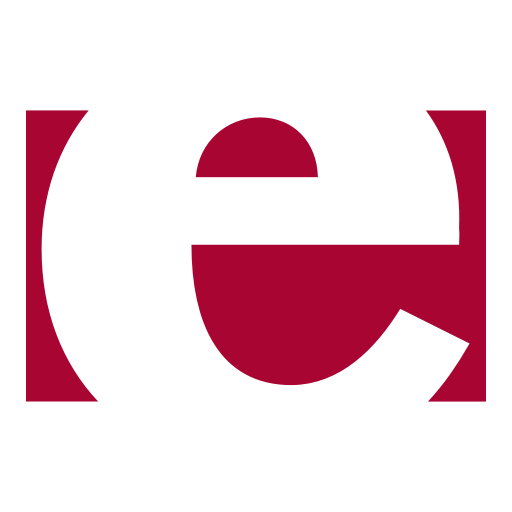Free Software for Self-Hosted
 Prometheus
Prometheus
Prometheus is a Cloud Native Computing Foundation project for systems and service monitoring. With Prometheus you can collect metrics from configured targets at given intervals, evaluates rule expressions, displays the results, and can trigger alerts when specified conditions are observed. Prometheus include features like multi-dimensional data models. PromQL, a powerful and flexible query language to leverage this dimensionality. No dependency on distributed storage. An HTTP pull model for time series collection and much more.
 OpenFaaS
OpenFaaS
OpenFaaS makes it simple to deploy both functions and existing code to Kubernetes. With OpenFaaS developers can deploy their applications and serveless functions to their very own scalable, fault-tolerant event-driven serverless platform powered by Docker and Kubernetes.
 web2py
web2py
Web2py is a free and open-source web application framework written Python. With Web2py, developers can build dynamic applications with ease. The framework ships with "batteries included" for fast multi-threaded web server, SQL database and web-based interface. Web2py also ships with a web-based IDE that can be used to manage your application using your browser. A single instance can also run multiple web applications using different databases. Web2py free of charge under the LGPLv3 License.
 Erlang
Erlang
A general-purpose, concurrent, functional programming language used to build massively scalable soft real-time systems with requirements on high availability. Erlang comes bundled with the OTP, the Open Telecom Platform which is a runtime system first developed by Ericsson to handle the Swedish telecom infrastructure in the early 80's. The term Erlang and OTP is today used interchangeably and includes the runtime, the language and ready-to-use components built specifically for the ecosystem. To this day, Erlang is used in various sectors and applications like telecoms, banking, e-commerce, computer telephony and instant messaging. As the language is suitable for critical infrastructure and applications that requires high availability and real-time features, running at scale.
 OCaml
OCaml
OCaml is a general-purpose, multi-paradigm programming language created in 1996 by Xavier Leroy, Jérôme Vouillon, Damien Doligez, Didier Rémy, Ascánder Suárez, and others. The language extends the Caml dialect of ML with object-oriented features and provides a rich set of libraries. OCaml is openly developed by the community and is used by companies that require speed and code safety when writing mission critical software.
 Padrino
Padrino
Padrino is a Ruby web framework built upon the library Sinatra. Sinatra is a DSL designed to create simple and performant applications written in Ruby. Padrino is uses Sinatra at its core and builds upon it to create a framework take makes it even easier and faster to create advanced web applications with Ruby. Padrino is designed to be agnostic and provides full support for many popular testing, templating, mocking, and data storage choices. It also provides generators that makes it easy to create, models, controllers and application scaffolding. On top of that Padrino provides functionality found in most frameworks including solutions for assets, forms, mail, caching, administration and logging.
 Nuxt.js
Nuxt.js
Nuxt.js is an intuetive Vue framework that supports generating a static website based on your Vue application. It provides the best of both worlds, as you don't need a server, yet can reap the SEO benefits. Nuxt achives this by pre-rendering all pages and include the necessary HTML. And when you are ready to deploy, Nuxt.js got you covered with simple integrations to serverless and third-party providers such as Netlify, Vercel and GitHub pages.
 React
React
React is a free an open-source Javascript framework for frontend development. With React you can build powerful, component-based application that supports compilation of JSX, ES6 and auto-prefixed CSS files. The popular framework is developed by Facebook and used by countless of applications across the web and mobile devices to build structured user interfaces or UI components.
 XWiki
XWiki
Developed for more than 10 years, XWiki is a long standing project trusted by individuals and high profile corporations. XWiki is a free and open source Wiki software written in Java and released under the GNU Lesser General Public License. XWiki provides a WYSIWYG editing, OpenDocument based document import/export, semantic annotations and tagging, and advanced permissions management fit for enterprise use. The extensible XWiki platform allow you to customaize and improve your Wiki as the content, userbase or usecase grows and evolves.